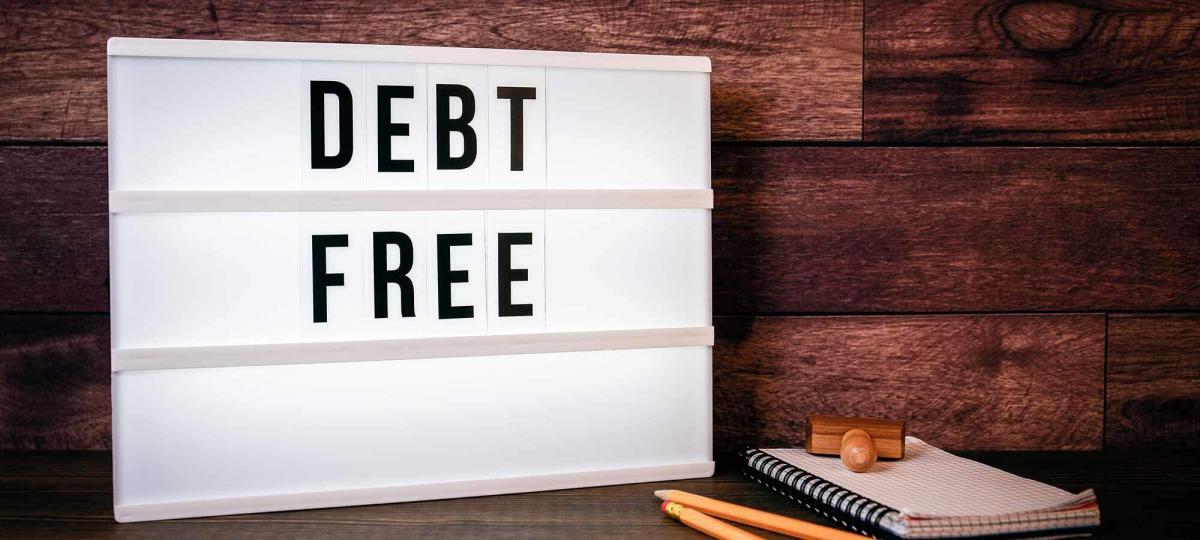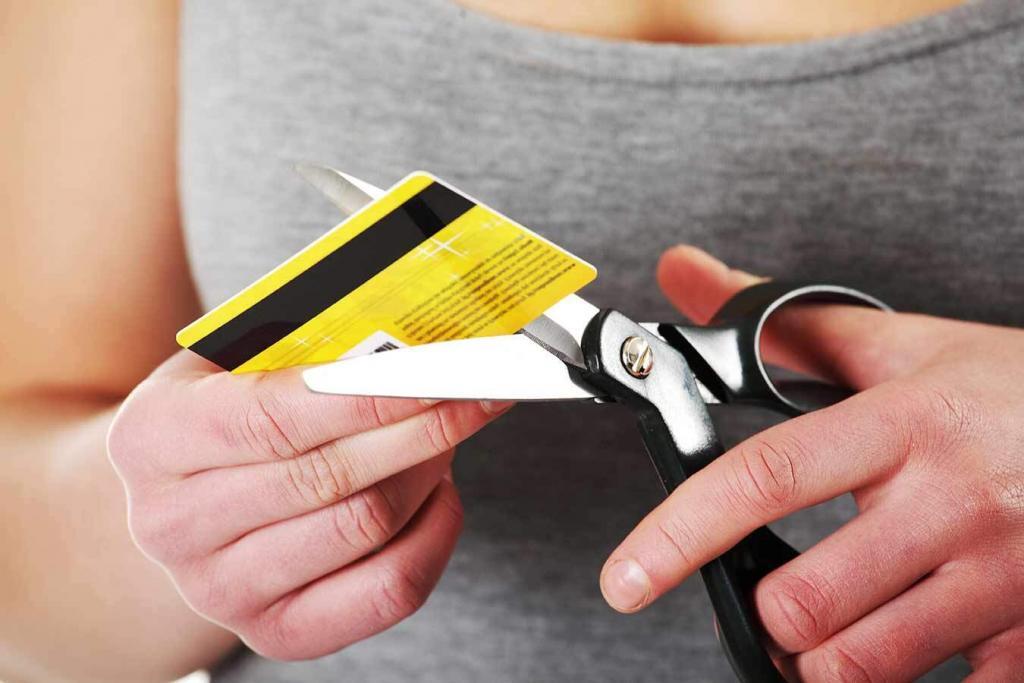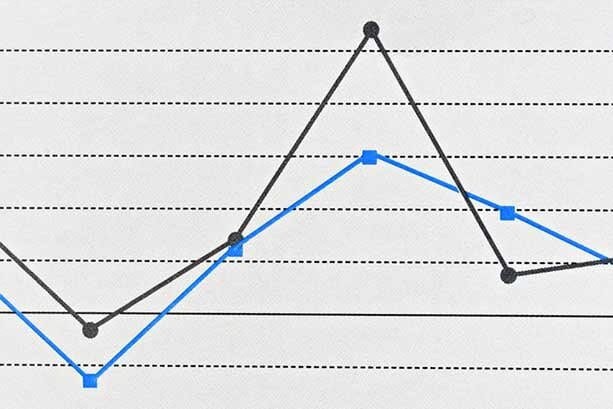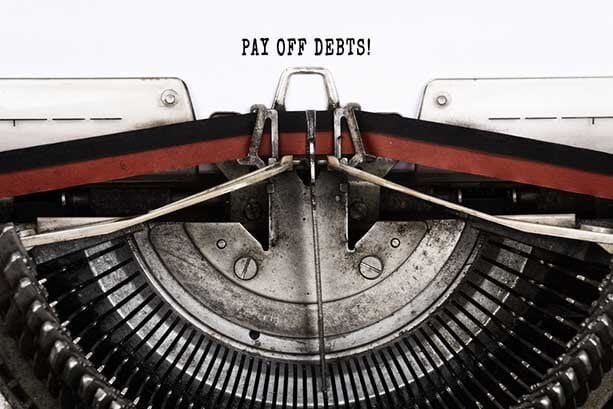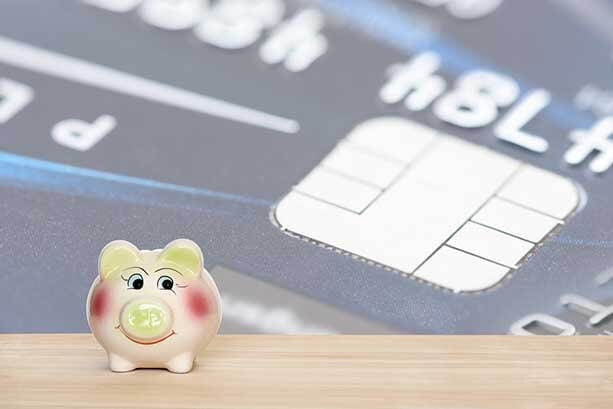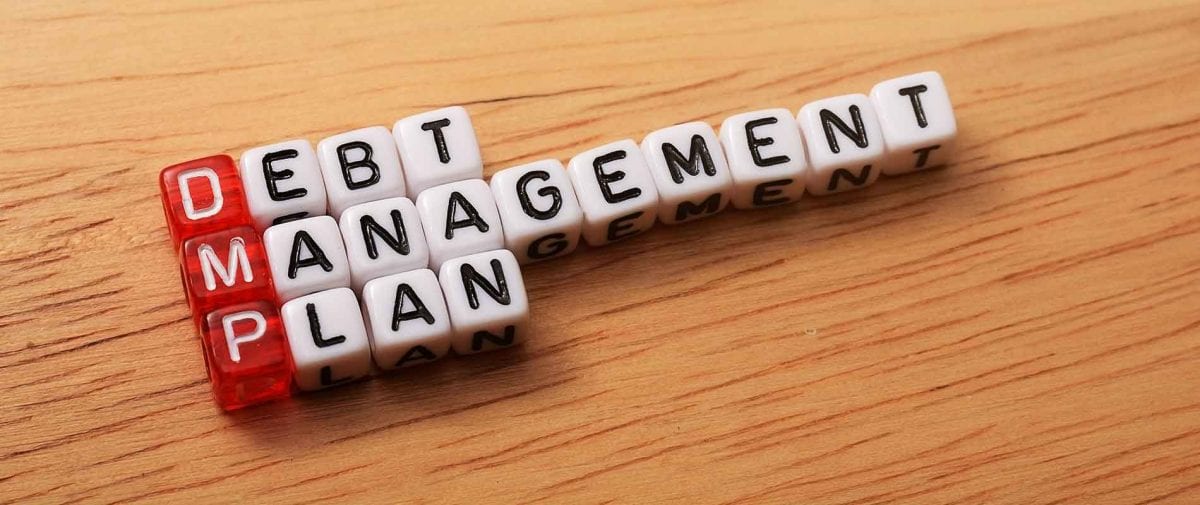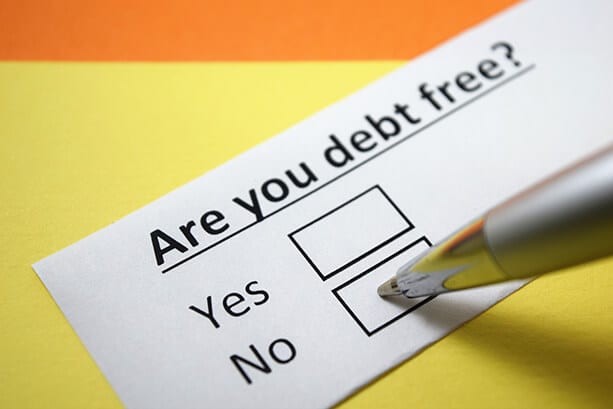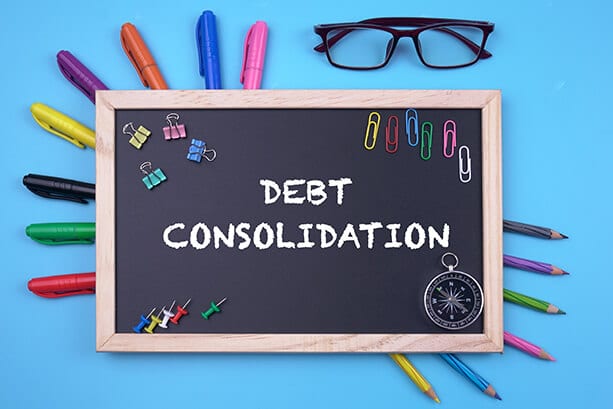Debt can be annoying and stressful. Trying to enjoy life whilst juggling a whole lot of debt, can however become overwhelming. Now throw in nasty shopping addiction and your plans to get out of debt can seem practically impossible. So how do you avoid overspending whilst reducing your debt? Is it even possible?
Introducing debt reduction tips
Debt reduction is all about making mental and lifestyle changes which can affect your spending habits. For some people, this may be kicking an addiction, and for others, it may simply involve setting a budget. Regardless of your personal situation, our debt reduction tips are here to help you stay on top of your messy finances.
Don’t buy things unless you need them
Have you walked past that designer clothes store to notice a fashionable pair of sneakers? You tell yourself ‘no, no I don’t need them’. Ten minutes later you find yourself sitting down trying them on. Five minutes later you’re in $500 debt to overpay. People who are in debt tend to purchase everything they want, regardless of whether they can actually afford it or not. This craze is very common and it is otherwise known as impulse buying.
The trick to battling impulse buying is to stop and wait. Give yourself some time to decide whether you really need it or not. The best trick to dealing with impulse buying is to question your purchase decision. Ask yourself the following questions.
- Do I really need this?
- Do I already have a similar item?
- What will I use it for?
- How much is this going to set me back?
- Can I actually afford it?
- What can I do with the money if I don’t buy it?
You will quickly find that when you give yourself time to stop and reflect upon your purchase decision, you will realise that it is not a need. If however, it is a matter of necessity, consider if it is the best option available.
Think of loss as an opportunity
Before you make that big-ticket purchase, consider one thing. The loss of a certain thing you didn’t need but you really wanted is an opportunity. What we mean by this is that whilst you lose out on not buying that designer pair of shoes, you have gained the opportunity to pay off your debts sooner. At the same time, you have gained the opportunity to reduce your debt. Remember, debt reduction should be your ultimate goal. The sooner you remove unwanted debt, the quicker you can get on with your life.
When you’ve settled that, you’ll think twice before paying for trinkets. It will automatically become your instinct. As a consequence, you’ll be less impulsive.
Make a monthly budget
“This month, I’ll spend x dollars on food and expenses.” If we could suggest one main debt reduction strategy, it would be budgeting. A budget is the best way to reduce your debt and develop positive long term money habits. Luckily, there are many online calculators that can help you to evaluate your debt and set an appropriate budget.
Now, by all means, we don’t want you to starve yourself, but the goal of budgeting is to plan out your finances. Assess how much money is coming in and how much is going out. From here you can determine your saving capabilities(if any) and how long it will take to pay off your debt. To do so, you must refrain from overspending. Budgeting requires strict mental discipline.
If you don’t have many places to cut from, then consider additional income. This may include side jobs such as becoming a ridesharing driver or using your skills on upwork. This will help you reduce your debt quicker.
Don’t shop without a list
When you go shopping without a clear knowledge of what you need, you’ll always end up buying the stuff you didn’t even think about in the first place. Write everything down. Assess what you need before you go to the shop down the street. It will make it easier to stick to the basics. All the debt reduction tips you’ll ever find will include this one.
Avoid online shopping
More often than not, the prices you see on the Internet for the same products that you can find in any store are considerably lower. Because of this, you start adding stuff to your cart thinking “Boy, I’m so lucky!” Unfortunately, you’re not. You’re going to spend even more than you would’ve spent at the store. Everything’s so cheap that you just got to have all of it. If your debt is therefore out of control and is a result of online shopping, stay right away.
Don’t be pressured by the end of year promotions, or the large red banner that says “Sale, 50% off everything”. This will send you down a path of uncontrollable debt. The last thing that you want is a bad credit score which can arise from failing to meet your debt obligations.
Conclusion:
Debt is painful. It’s hard to splurge on big-ticket items. Unfortunately, you are in a situation that requires lifestyle changes. Debt reduction will only benefit you in the long run. For this reason, you must avoid overspending at all costs. You’ll push the deadline further away and, at the same time, you’ll amass more penalties. Implement these simple debt management tips, and your debt will dissolve faster. If you continue buying impulsively, you’ll only hurt yourself and your family.




